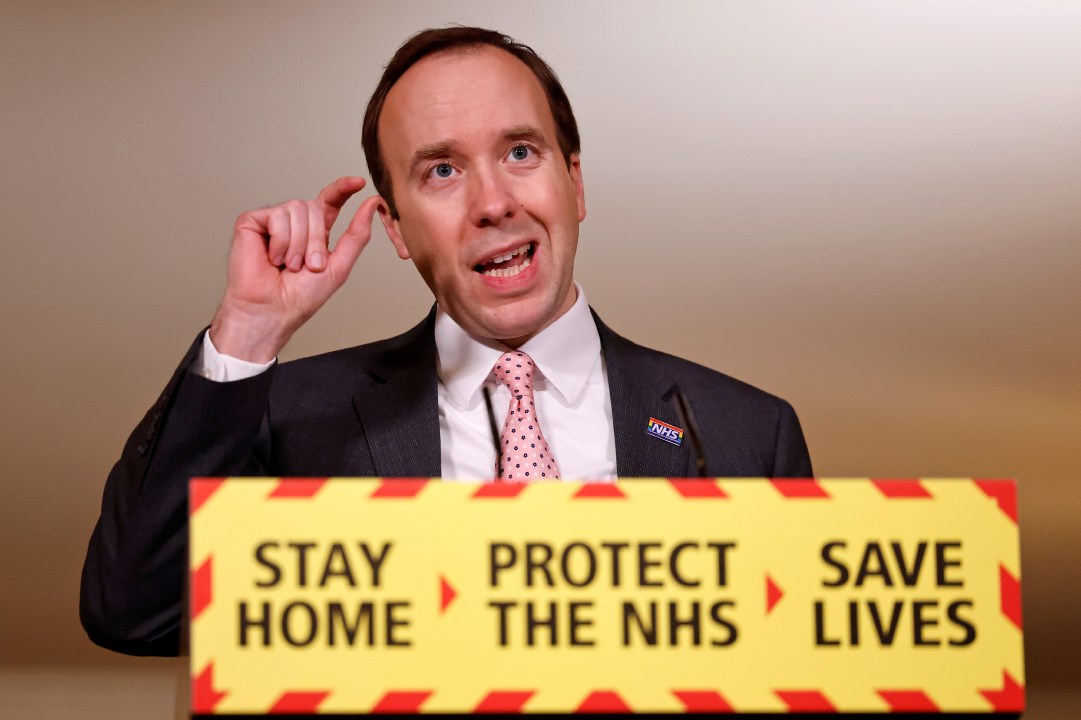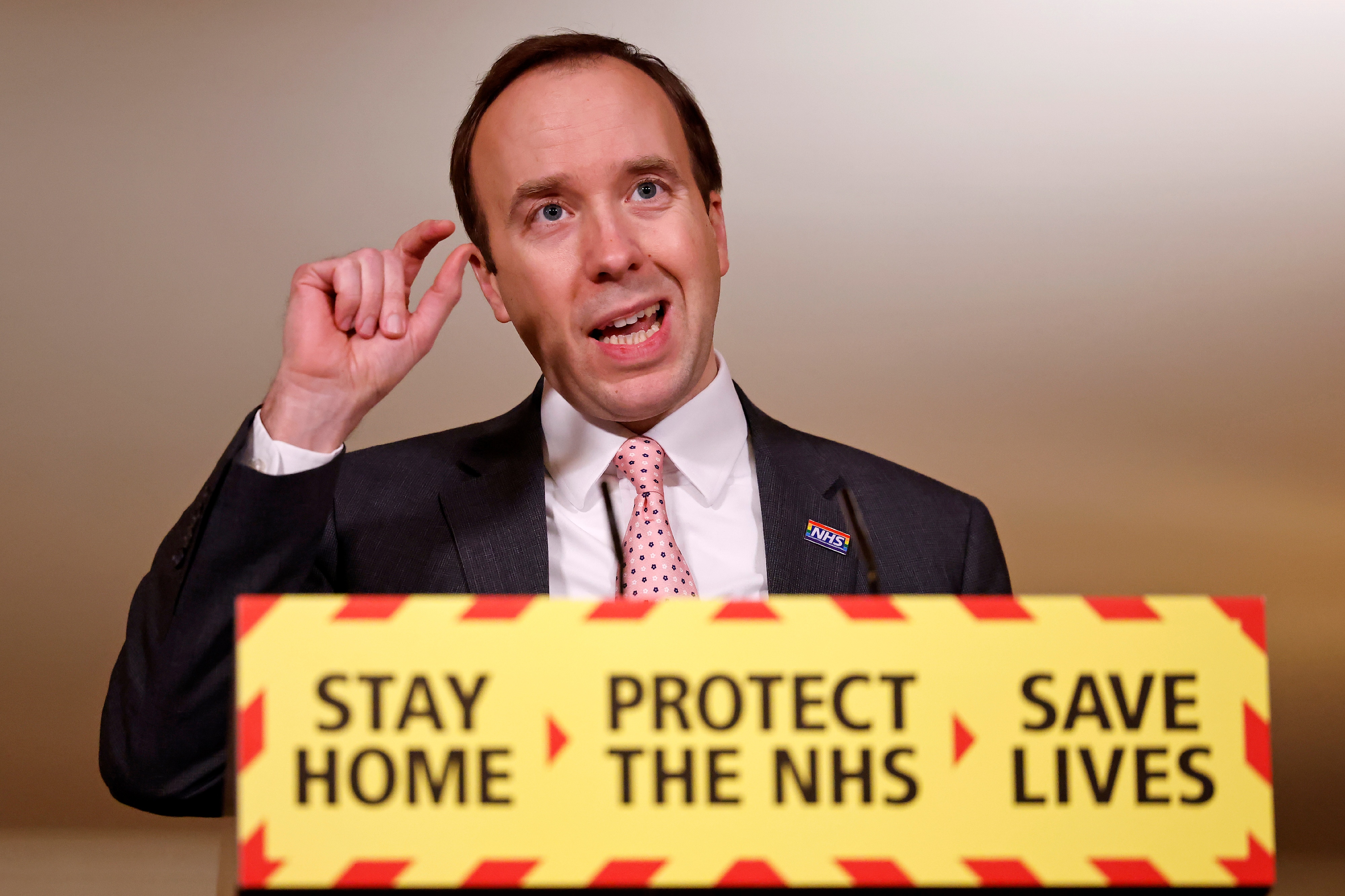You might think that a cabinet minister and privy councillor whose reputation for truthfulness had been brought into (very public) question would be inclined to keep their public utterances strictly on the straight and narrow.
You’d be failing to allow for the enthusiastic approach of the Health Secretary. Matt Hancock used his presentation to today’s NHS Confederation Conference to try to explain that the five million-strong NHS backlog, claiming it was down to Covid-19.
Asked about providing guarantees of funding to address the NHS backlog, Mr Hancock told the event that ‘the virus is responsible, and the backlog is a consequence of the pandemic’.
This is, quite simply, untrue. The NHS backlog has been growing for much of the last decade, caused by the mismatch between NHS funding growth, the system’s activity and demand for care.
Since February 2016, the NHS has been missing its 18-week referral to treatment target. Between 2010 and 2019, the NHS had the lowest sustained period of financial growth in its history. (This is a good read on the funding situation.)
The growth of these waiting times for NHS care has been tracked over many years by the three main independent health think tanks: the King’s Fund, the Nuffield Trust and the Health Foundation.
This analysis by the Health Foundation gives a good picture of what the challenge of eliminating the backlog looked like before the pandemic. Covid-19 has played a role in worsening matters: specifically around the growth of very long waits of over a year, as this NHS England analysis used by BBC News shows.
Mr Hancock’s phrasing could charitably be described as deeply disingenuous (other, less charitable terms are also available). It could be attractive for the government to pretend that Covid-19 was to blame. Were that narrative to take root, it might discourage people from thinking too hard about the role of the past decade’s sustained fiscal austerity on the NHS.
Mr Hancock’s reputation for honesty was attacked by the Prime Minister’s former chief advisor Dominic Cummings in his epic evidence to the ‘Covid-19: lessons learned’ joint select committee. Cummings asserted that ‘the Secretary of State (for Health) should have been fired for at least 15 to 20 things, including lying to everybody on multiple occasions in meeting after meeting in the Cabinet room and publicly’.
As I wrote earlier this week, Mr Cummings’s recent release of some limited evidence still does not stand up the most serious allegations he made. The evidence Cummings published revealed PM Boris Johnson’s annoyance with Hancock over PPE procurement and suggested that he had considered replacing him with Cabinet Office secretary Michael Gove. Perhaps Mr Cummings has more to release.
It is interesting that Mr Hancock would make such a statement to an audience that knew it to be profoundly wrong. Whether this was a sign of confidence or something else is likely to become apparent over the coming weeks.







Comments